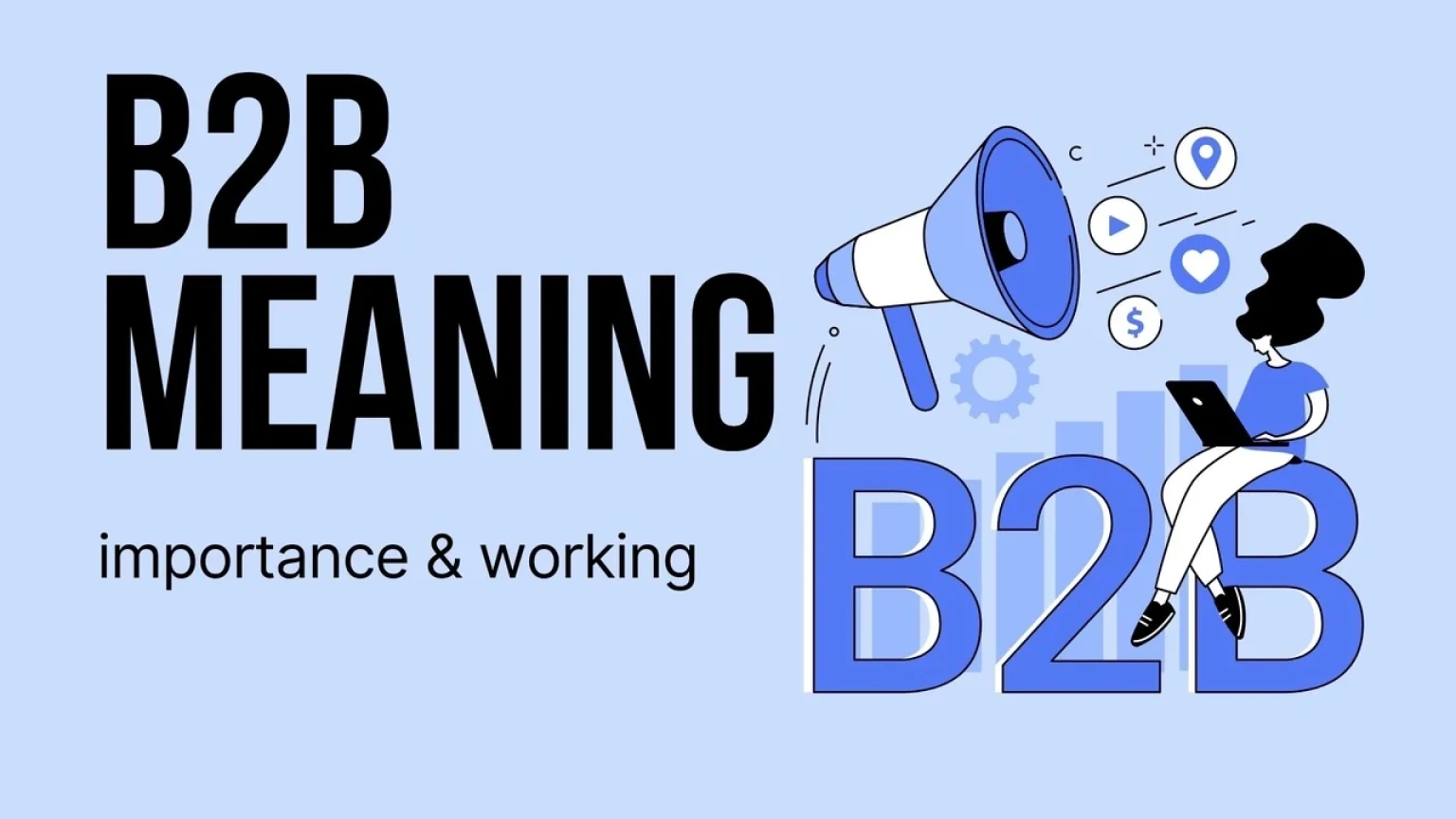Introduction
There are numerous platforms and frameworks available for creating a B2B (Business-to-Business) marketplace. Each has a unique collection of characteristics, benefits, and drawbacks. I’ll contrast three well-liked choices—Magento, Shopify Plus, and WooCommerce—below, detailing their advantages and disadvantages.
1. Magento: An open-source e-commerce platform, Magento places a high priority on adaptability and scalability. A free community edition and a pricey enterprise edition are both available.
Pros: – Flexibility and broad customization capabilities make Magento ideal for sophisticated B2B requirements.
- Scalability: It is appropriate for expanding organizations because it can manage extensive product catalogs and huge volumes of transactions.
- Vast feature set: Built-in B2B capabilities offered by Magento include bespoke pricing, sophisticated product settings, and buyer-specific catalogs.
Cons: – Complexity: Because of its rich capabilities and customizability, Magento can have a longer learning curve.
- Price: The enterprise edition may be more expensive than other options, and development and maintenance expenditures may also be greater.
- Hosting and performance: To run Magento at its best, a stable hosting environment is needed.
2. Shopify Plus: The enterprise edition of the well-known Shopify hosted e-commerce platform. It intends to serve more sophisticated, larger businesses.
Pros: – User-friendliness: Shopify Plus is renowned for its intuitive user interface, which makes platform management simpler for non-technical users.
- Hosting and security: By handling hosting, security, and upgrades, Shopify relieves the merchant of this responsibility.
- Support: Shopify provides its Plus clients with specialized support, offering help.
Cons: – Customization restrictions: Although Shopify Plus allows for some customization, it might not be as flexible as open-source platforms like Magento.
- Transaction fees: In addition to payment gateway fees, Shopify levies transaction fees, which can reduce profit margins.
- Dependence on Shopify: For certain firms, using Shopify could mean relying on their infrastructure and platform.
3. WooCommerce: WooCommerce is a well-liked open-source e-commerce plugin for WordPress that offers B2B markets a flexible and adaptable choice.
Pros: – WordPress integration: WooCommerce may easily be integrated with a WordPress website if you already have one or prefer its content management features.
- Flexibility: WooCommerce is an open-source platform that enables substantial customization through plugins and themes.
- Cost-effectiveness: WooCommerce is a desirable solution for enterprises on a budget because it is available for free.
Cons: – WooCommerce handles medium-sized enterprises effectively, but larger operations may require further optimization.
- Technical know-how: Comprehensive modification may need for WordPress and WooCommerce technical competence.
- Compatibility of plugins: Reliance on external plugins may cause compatibility problems and pose security threats.
Conclusion
The optimal platform for your B2B marketplace will ultimately depend on your unique business needs, technological proficiency, spending capacity, and scaling needs. Before choosing a platform, it’s essential to carefully evaluate its features and restrictions. Long-term success also requires taking into account the continuing support and updates each platform offers.
AUTHOR-ADITYA DAS
Disclaimer: The author(s) of this blog are solely responsible for the content posted. The blog platform serves as a medium for their expression, and the platform administrators assume no liability for the accuracy or legality of the content.





